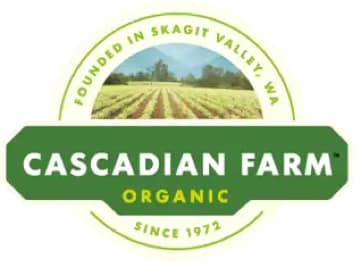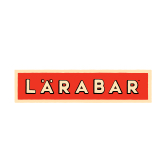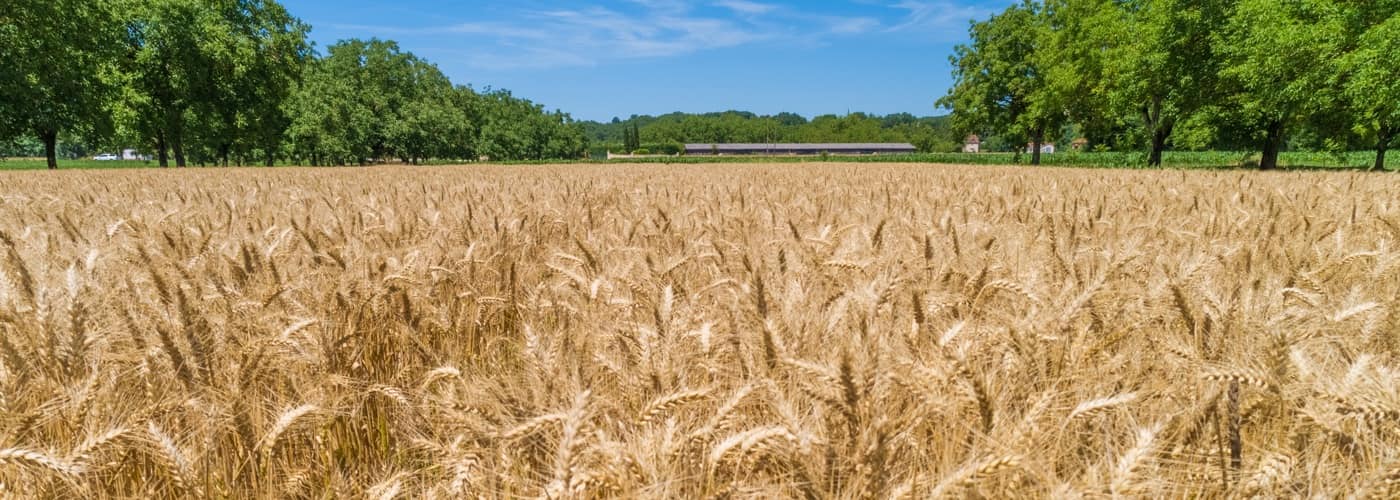General Mills will advance regenerative agriculture practices on 1 million acres of farmland by 2030.
At General Mills, we are a food company whose business is rooted in the earth, so we want to help restore it. We rely on the output of Mother Nature – oats, wheat, dairy, corn, sugar beets and a whole host of crops and livestock – and farming communities, to make food the world loves, and right now, needs.
So, we are on a journey to make a meaningful difference through regenerative agriculture, which we define as agriculture that protects and intentionally enhances natural resources and farming communities. We believe that to generate positive impact at scale, all types of agriculture – organic and conventional – can be part of the solution.
Key Outcomes of Regenerative Agriculture
Soil Health
Soil is a complex ecosystem that forms the base of the food chain for humans and all land animals. Soil also plays an essential role in balancing the earth’s ecosystem and our climate. Healthier soil can hold more water, increase resilience to floods and droughts, supply more nutrients to plants, and purify water.
Biodiversity
Diversity in plants, grazing animals, wildlife and insects helps to improve soil health and build resilience to pests and diseases in farm and ranch ecosystems.
Farmer Economic Resilience
By restoring and enhancing natural ecosystem processes like water and nutrient cycling, pest predation and weed competition, regenerative agriculture improves ecosystem function and builds resilience over time. This supports productivity, while reducing reliance on inputs needed to combat system stressors like pests, nutrient deficiencies, and diseases.
Water
Crops, animals and communities rely on clean water to flourish. Regenerative agriculture helps maximize water use efficiency in rain-fed and irrigated systems. In addition to water utilization, these same practices can reduce agriculture’s impact on water quality, helping to protect and restore clean water in nearby streams, rivers and lakes.
Corporate Investments
We have multiple projects underway to further advance the adoption use of these principles, including pilot programs, brand activations, land conversions, research and investments

Brand Activations

EPIC
Through its partnership with the Savory Institute, EPIC has helped create the Land to Market Program to connect conscientious companies and consumers to progressive livestock producers having a positive impact on their land through regenerative practices. The Land to Market Program will allow consumers to easily identify food that has been sourced from farms verified to increase water, soil and climate health.

Cascadian Farm
The story of Cascadian Farm begins with our founder, Gene Kahn. He believed that organic agriculture could make a positive impact on the health of the planet, but he also realized that more like-minded farmers were needed to make lasting change. Today Cascadian Farm has grown beyond our original home farm and is a pioneering supporter of farmers who use practices that regenerate the land and their communities.

Larabar
Larabar is investing in regenerative research to help transform sustainable almond farming with the goal to help reimagine farming practices for one of our core ingredients.

